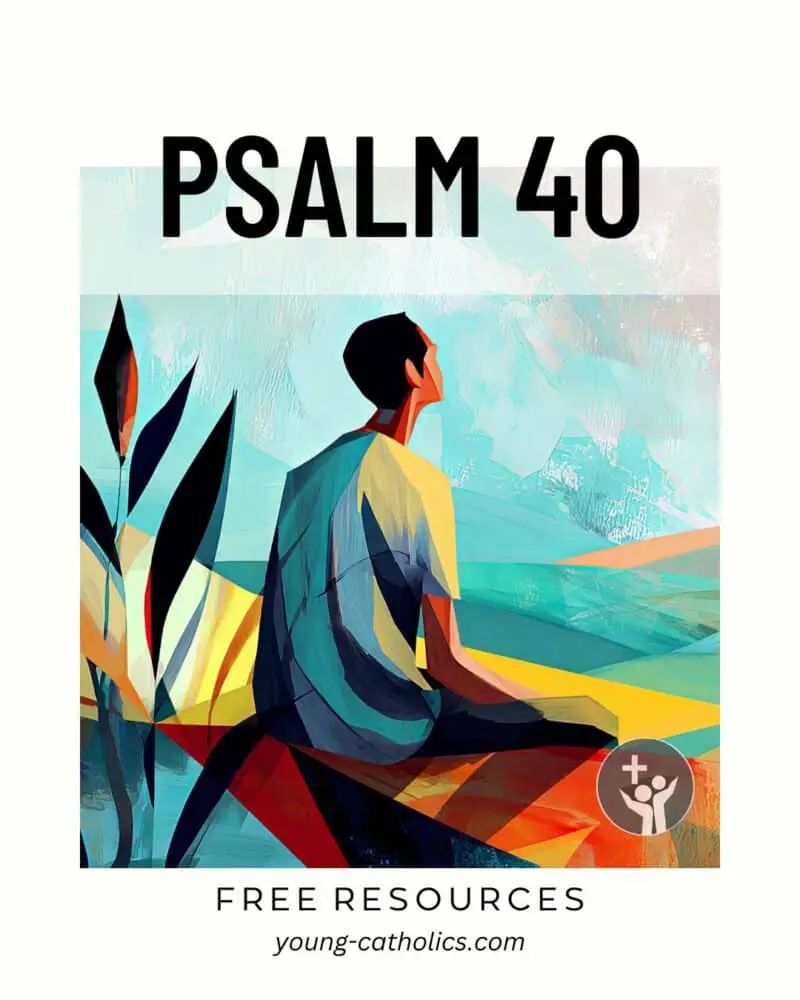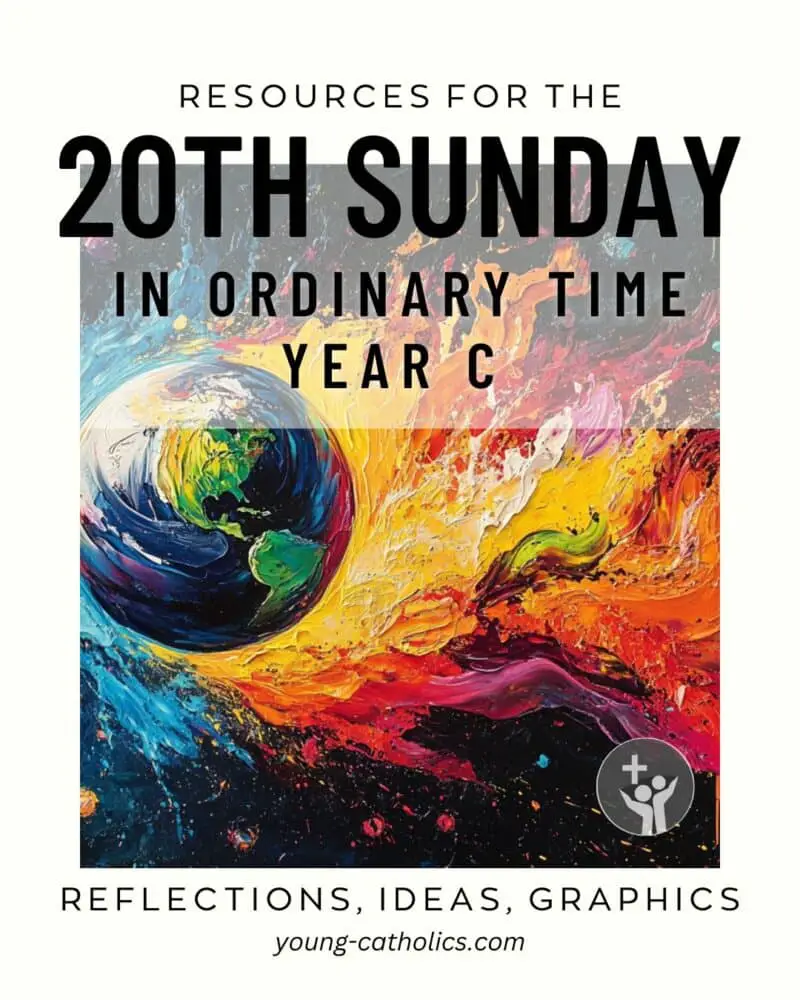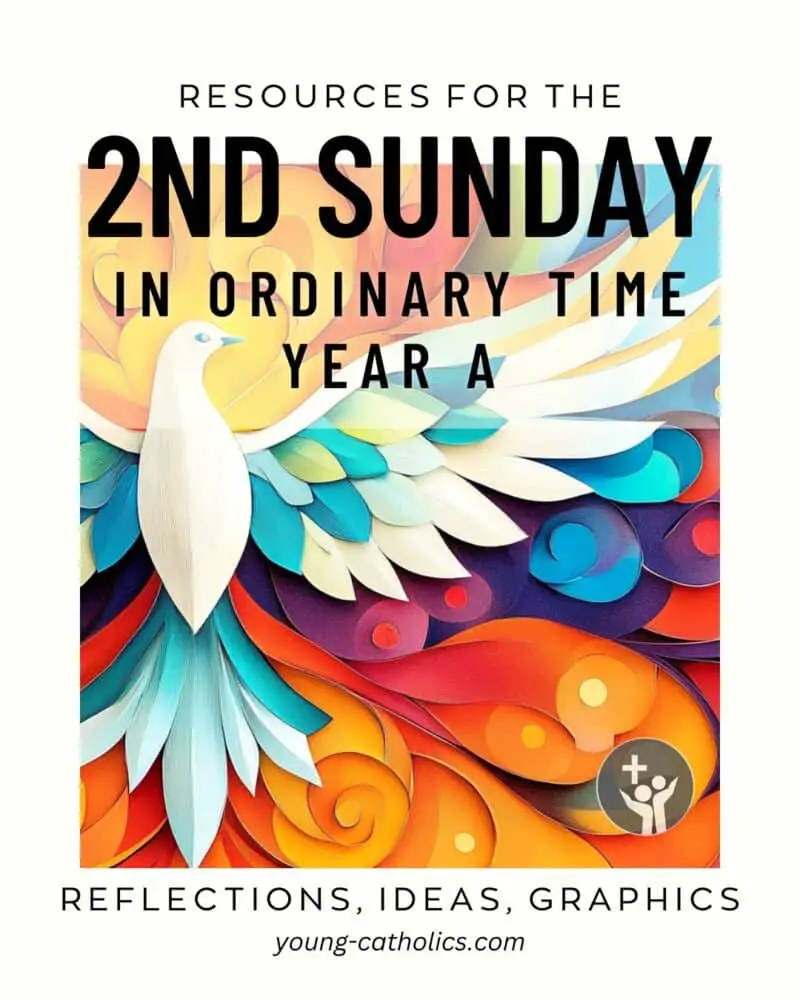Psalm 40

Psalm 40 is a psalm of thanksgiving and trust. It begins with someone who waited patiently for the Lord and was rescued from trouble. The psalmist praises God for hearing his cry and lifting him out of danger. He wants others to know that God is faithful. This is a good reminder that God listens when we call out, even if the answer takes time.
The psalm then turns from thanksgiving to a desire to follow God’s will. The writer says that burnt offerings are not what God really wants. Instead, God wants a willing spirit and an obedient heart. This part reminds us that our actions matter more than just rituals. God wants us to live in a way that shows love and trust.
As the psalm continues, it shifts to a cry for help again. The writer is in trouble once more and asks God to save him. Even after giving thanks earlier, he still feels weak and in need. This shows us that faith does not mean everything always goes well. We can be grateful and still need help.
Psalm 40 shows how faith is not one moment but a journey. It has ups and downs. We thank God, we try to do what is right, and we ask for help again. This psalm can be helpful when we feel stuck or unsure. It reminds us to wait on the Lord, trust him, and stay close to him through it all.
A Song from the Middle of the Journey
This psalm comes from Book I of the Book of Psalms. That section includes Psalms 1 through 41. Many of the psalms in this group are connected to David, the shepherd who became king. Psalm 40 is also linked to him. It reflects both his trust in God and his struggles.
David often faced danger, enemies, and personal failure. But he kept turning to God. That pattern shows up in this psalm. It starts with thanks but ends with a cry for help. This shift fits with David’s life, where joy and sorrow were mixed together.
The psalms in Book I often focus on trust and worship. They show how people cry out to God in real situations. Some are happy, others are sad. Some ask questions. Others praise God. This range helps us know we can bring all our feelings to prayer.
Psalm 40 fits well in this part of the book. It reminds us that even when life is messy, God is still listening. We do not need perfect words. We just need to speak honestly, like David did.
Trust, Obedience, and Mercy
One clear theme in this psalm is trust. The writer says he waited patiently for the Lord. Catholics believe that waiting on God is an act of faith. We do not always get answers right away. But we keep praying and trusting. This kind of trust is seen in the lives of the saints and in the teachings of the Church.
Another theme is obedience. The psalm says that God does not want just sacrifices but wants people to do his will. This is an important part of Catholic life. We are called to follow God’s commandments and to love others. Jesus showed this perfectly. In fact, the Letter to the Hebrews later uses this psalm to describe how Jesus followed the Father’s will.
The psalm also talks about mercy. The writer knows he needs help. He says his sins are many and asks God to save him. Catholics believe that God’s mercy is always available. We see this in the Sacrament of Reconciliation, where we are forgiven and made new.
Lastly, the psalm shows that prayer includes both praise and asking. We thank God for his help, and we also ask him to be near when we are in trouble. This mix of joy and need is very real. It shows us how to pray honestly, just as we are.
Still Waiting, Still Trusting
This psalm speaks to people today because we all face struggles. Many of us wait for answers, healing, or peace. The psalm reminds us that God hears us, even when the waiting feels long. It helps us stay hopeful when life feels heavy or unclear.
It also reminds us to look at what God really wants from us. He does not only want prayers or church attendance. He wants us to follow him with our actions. This means being kind, honest, and loving in daily life. That message is just as important today as it was long ago.
The part about sin and mercy matters today too. We all make mistakes. The psalm shows that we can ask for help and start again. God does not give up on us. Catholics live this truth in confession and daily prayer.
This psalm gives us words for every part of life—joy, thanks, sorrow, and need. It teaches us to keep talking to God and trusting him in every moment.
A Prayer Based on Psalm 40
When I’m Stuck, You Are There
God, I waited and waited,
And it felt like nothing changed.
But you were there the whole time.
You heard me even when I was quiet.
You helped me stand again.
Sometimes I try to fix everything myself.
But I forget what you really want.
You don’t just want words or routines.
You want my time, my trust,
And the way I treat others.
There are days when I feel lost.
I mess up, I get scared,
And I don’t know what to do next.
Be near me when I feel that way.
Don’t let me give up.
Thank you for every moment
You pulled me out of trouble.
Thank you for staying with me
When life didn’t make sense.
Help me remember your love.
Help me live the way you ask.
Help me be kind, honest, and strong.
Give me courage to do what’s right,
Even when it’s hard
And no one else is watching.
Prayed at Mass and Remembered in Christ
Parts of this psalm are used in the Roman Catholic lectionary as a responsorial psalm during Mass. The lines used focus on trusting God and doing his will.
The part that says, “Here I am, Lord; I come to do your will,” is important in Catholic worship. We hear it in connection with Jesus, especially in the Letter to the Hebrews. It reminds us that Jesus obeyed the Father and gave everything for us.
This psalm also helps us pray in times of need. When we feel lost or unsure, we can use these words to ask for help. It gives us a voice when we do not know what to say. That is why it keeps showing up in the life of the Church.
It is only used a few times at Sunday Mass. Click on a link below for more information about the reading.

20th Sunday in Ordinary Time Year C
God Listens and Lifts Us Up
Psalm 40:2, 3, 4, 18 reminds us that God hears us when we cry out. The writer waited, and God answered. God lifted him from trouble and gave him a firm place to stand. He gave him new strength and a new reason to sing. Others will see this change and be drawn to trust in God too.
Even in weakness, the writer knows he is not alone. God is close to those who feel poor or lost. He is our help and our rescue. This psalm helps us pray with confidence, knowing that God sees our needs and responds with care. It is a message of trust, hope, and honest prayer in hard times.

2nd Sunday in Ordinary Time Year A
Saying Yes to God
Psalm 40:2, 4, 7-8, 8-9, 10 is a prayer of someone who has learned to trust God. He waited and cried out, and God listened. God gave him a new song and a reason to praise. Instead of focusing on sacrifices, the person says that God wants obedience. He is ready to follow God’s plan with joy.
The speaker wants to live by God’s law and share that with others. He doesn’t keep quiet about what God has done. He speaks up in public, telling others about God’s justice. This psalm teaches us to listen, to obey, and to share what we know about God’s goodness.

2nd Sunday in Ordinary Time Year B
Listening First, Then Acting
Psalm 40:2, 4, 7-8, 8-9, 10 shows the joy that comes when God hears our prayers. The writer waited with trust, and God responded with help and a reason to praise. The focus shifts from offering sacrifices to listening and obeying. The person understands that what God really wants is a willing heart and a life that follows His ways.
He doesn’t keep this message to himself. He speaks openly about God’s justice and goodness. He shares what he has learned in public, not just in private prayer. This reminds us that faith is lived out through action and through sharing what we believe with others.
At Weekday Masses
- Tuesday of the 3rd Week in Ordinary Time I – Psalm 40:2 and 4ab, 7-8a, 10, 11, 9a: Obedience and Proclamation
- Wednesday of the 1st Week in Ordinary Time II – Psalm Psalm 40:2 and 5, 7-8a, 8b-9, 10: Obedience and Joy in the Lord
- Thursday of the 20th Week in Ordinary Time I – Psalm 40:5, 7-8a, 8b-9, 10: Willing to Serve the Lord
- The Solemnity of the Annunciation of the Lord – Psalm 40:7-8a, 8b-9, 10, 11: Ready to Follow You
- Thursday of the 2nd Week in Ordinary Time I – Psalm 40:7-8a, 8b-9, 10, 17: Obedience and Joy in the Lord
- Monday of the 24th Week in Ordinary Time II – Psalm 40:7-8a, 8b-9, 10, 17, 1 Corinthians 11:26b: Doing God’s Will
- Tuesday of the 29th Week in Ordinary Time I – Psalm 40:7-8a, 8b-9, 10, 17: Ready to Serve the Lord
Resources
Social Media Graphics and Bulletin Images for Psalm 40
Waiting in Hope

Bring this beautiful image to your parish bulletins and newsletters to inspire trust and hope. It reflects the message of Psalm 40, reminding us to wait patiently for the Lord and trust His care.
Share it with your community as a reminder that God hears us and lifts us up when we call to Him. Download it today to encourage faith and prayer.
Paid subscribers may download a large copy this digital artwork (without watermarks) free of charge by clicking here. You must be logged in as a paid subscriber to access the file.
Only current paid subscribers have the rights to use the artwork.
If you would like this image to be made available as a specific product (card, poster, mug, etc.) or as an extra high resolution image for personal use just post a comment about what you want and we will create a link to our online store for you.
Questions and Answers about Psalm 40
Who wrote Psalm 40?
Tradition says that King David wrote this psalm. It reflects his trust in God and his many struggles.
What is the main message of Psalm 40?
The psalm teaches us to trust God, even when we are waiting. It also reminds us to do God’s will, not just follow rules.
Why is this psalm important to Catholics?
Catholics see this psalm as a prayer of faith. It connects to Jesus, especially the line about doing God’s will. It also helps us pray when we feel lost or need help.
What can I learn from praying this psalm?
You can learn to be patient, to trust God, and to be honest in your prayer. It shows that God listens and cares, even when things are hard.
Does this psalm talk about sin and forgiveness?
Yes. The writer admits his sins and asks for help. This fits with what Catholics believe about God’s mercy and the need to repent.
Lifted from the Pit, Sent to Serve
Psalm 40 is a prayer of someone who has seen both hard times and good times. It begins with joy. The writer says he waited for the Lord, and the Lord heard him. God pulled him out of trouble and set him on solid ground. This is a message of hope. It tells us that when we are stuck, God is still near.
The psalm then turns to obedience. The writer says that God does not only want burnt offerings or sacrifices. He wants people to do his will. This idea is echoed in the New Testament, where the same words are used to describe Jesus. Catholics see Jesus as the one who fully lived out these words.
Later, the psalm takes a turn. The writer is in trouble again. He asks God to help him and not delay. This shift shows how faith includes ups and downs. Even when we believe, we still struggle. But we can keep turning to God.
This psalm helps Catholics remember to trust, obey, and pray. It also reminds us that we are not alone in our struggles. Just like the psalmist, we can wait for the Lord, knowing he is with us even when we cannot see the way out.
Your Turn
Take a few minutes today to read Psalm 40. You can pray it slowly or read it out loud. Think about a time when you waited for help. Or a time when you needed to ask God to stay close.
After reading, share your thoughts in the comments. Did a certain line speak to you? Have you ever felt like the writer of this psalm? Others may be helped by what you share.




Leave a Reply